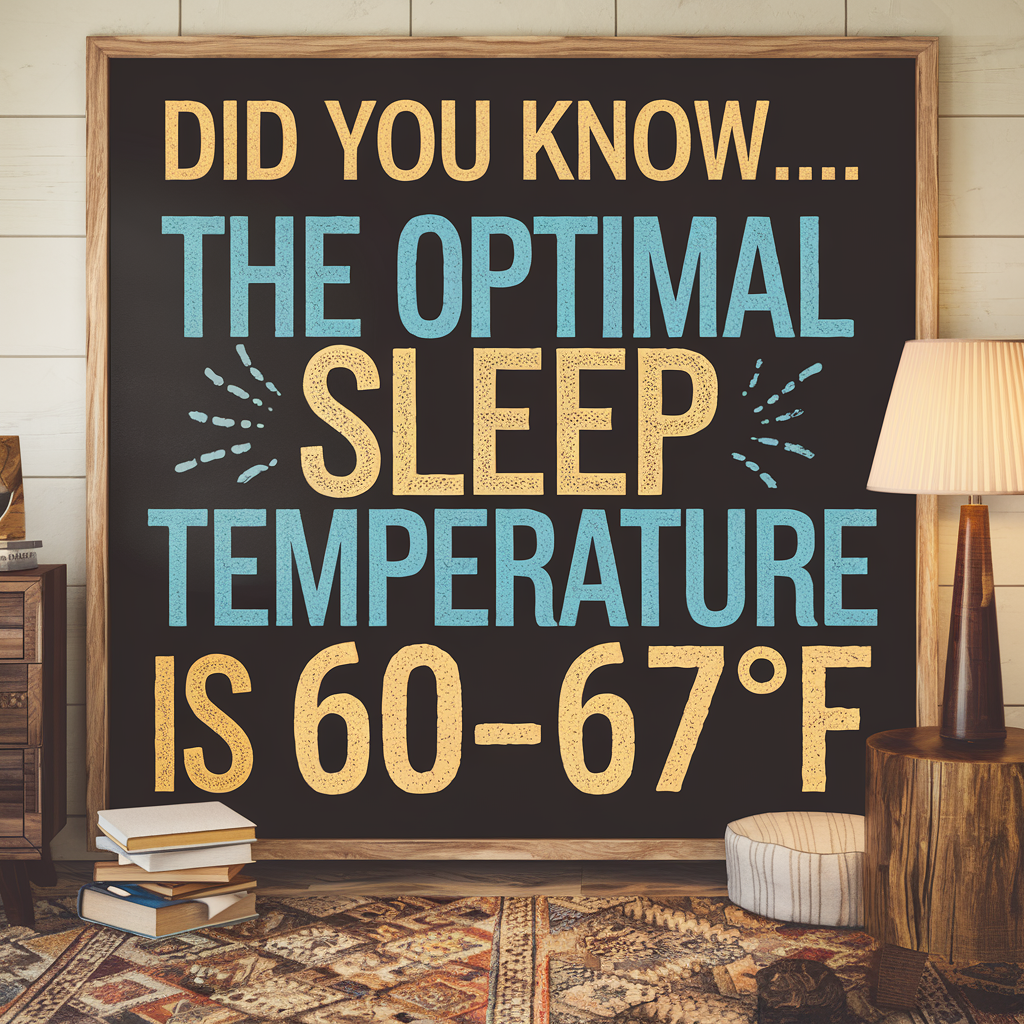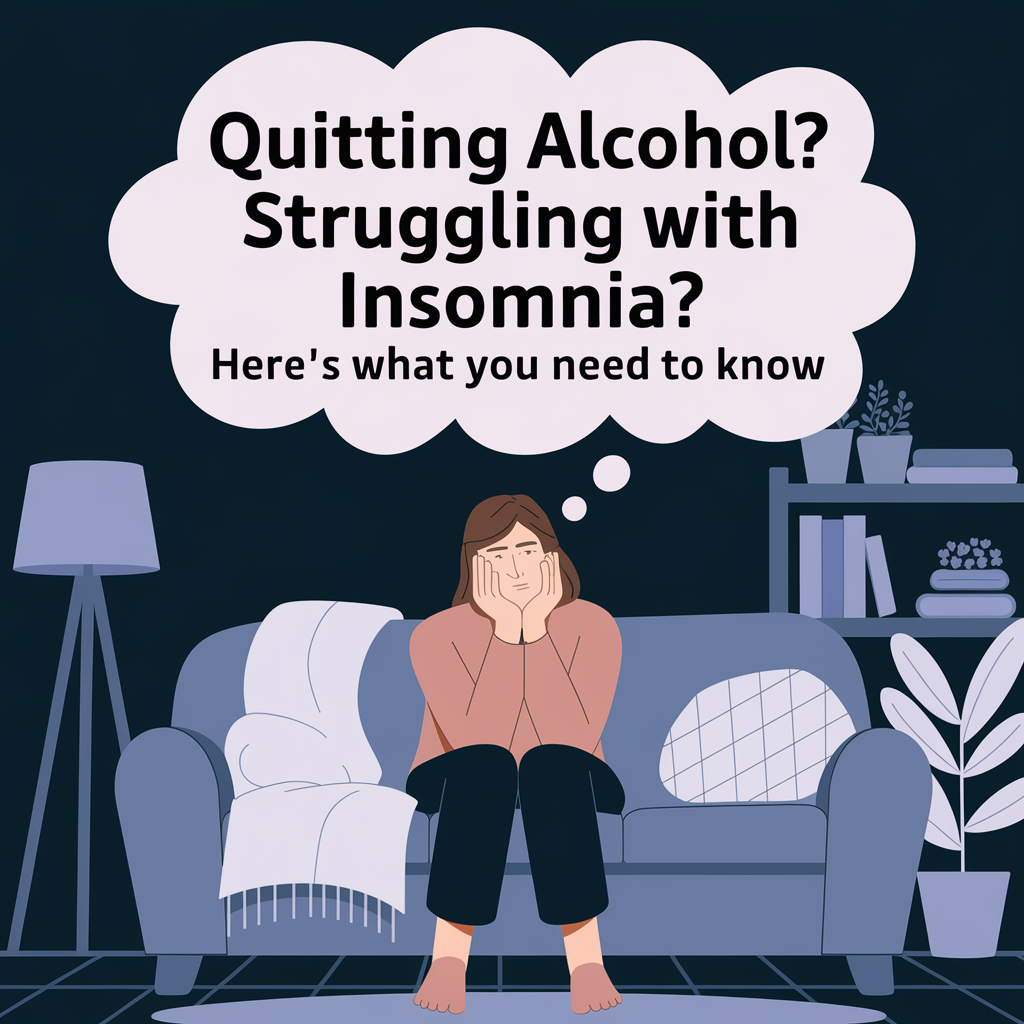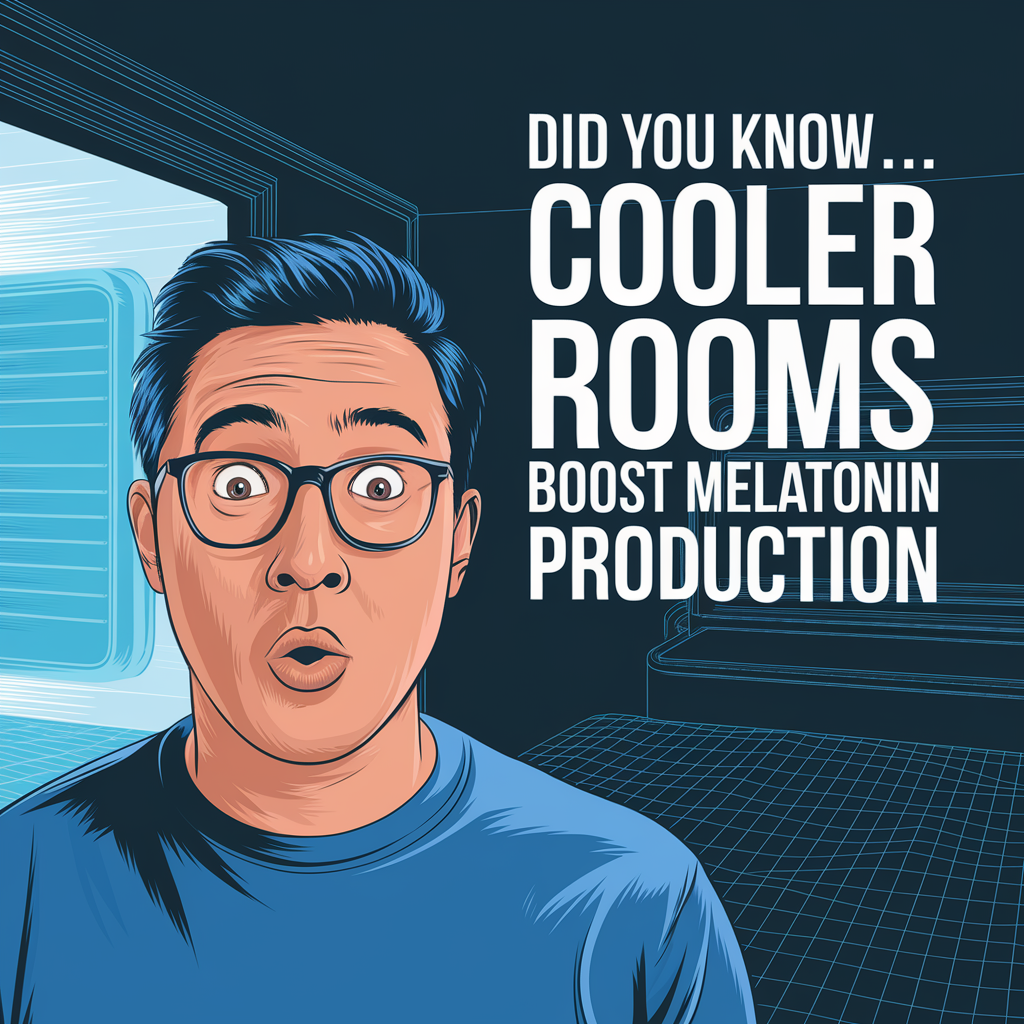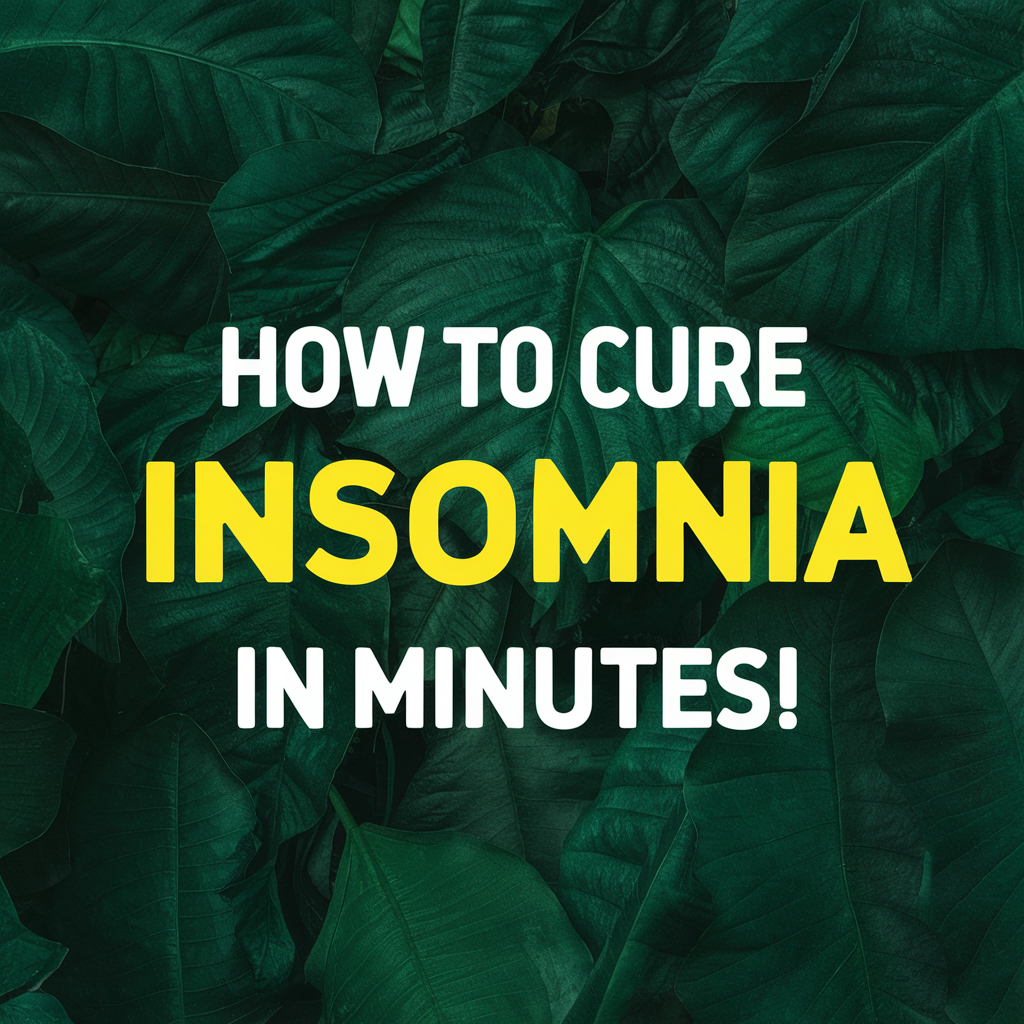
Can You Really Cure Insomnia in 12 Minutes?
As someone who has struggled with insomnia, I know how frustrating it can be to lie awake at night, tossing and turning, with no sleep in sight. Over time, I’ve experimented with various methods, and I discovered that there are actually ways to cure insomnia in 12 minutes—or at least significantly improve your chances of falling asleep quickly.
At first, I was skeptical. How could such a short amount of time make any real difference? But after learning about a few key techniques, I found that by focusing on relaxation and calming the mind, it’s possible to fall asleep much faster than you’d think. In this article, I’ll share some of these strategies that have worked for me, from breathing exercises to meditation, to help you beat insomnia in just a few minutes.

The 12-Minute Relaxation Technique
One of the most effective ways I’ve found to cure insomnia in 12 minutes is through a simple but powerful relaxation technique that combines deep breathing and muscle relaxation. When I first tried it, I was surprised at how quickly it calmed both my body and mind, helping me transition into sleep much faster than I thought possible.
The 4-7-8 Breathing Technique
This breathing method has been a lifesaver on nights when my mind is racing. It’s incredibly easy to do and works by slowing down your heart rate and calming the nervous system:
- Breathe in through your nose for 4 seconds.
- Hold your breath for 7 seconds.
- Exhale slowly through your mouth for 8 seconds.
I usually repeat this cycle about 4 or 5 times, and by the end of it, I can feel a noticeable difference in my level of tension. It’s a great way to help signal to your body that it’s time to relax and let go of the day’s stress.

Progressive Muscle Relaxation
Another technique that I use alongside 4-7-8 breathing is progressive muscle relaxation. This involves tensing and then relaxing different muscle groups, starting from your feet and working up to your head. It only takes a few minutes, but it helps release any physical tension that could be keeping me awake. After doing this, I feel like my body is much more at ease, making it easier to drift into sleep.
These techniques are part of my go-to strategy for quickly overcoming insomnia, and with a little practice, they can really work wonders. If you’re struggling to sleep and want to try other natural methods, you might also find it helpful to explore natural sleep remedies, which can complement these techniques. For more ideas, check out this guide on The Ultimate Guide to Overcoming Sleep Issues: Tips and Products.

Mindfulness Meditation for Insomnia
When insomnia hits, I’ve found that my mind is often racing with thoughts—worrying about the day, stressing about the next, or replaying conversations. One thing that’s really helped me quiet my mind is mindfulness meditation. It’s one of those techniques that, with practice, can help you feel more present and less caught up in anxious thoughts, which are often the culprit behind sleepless nights.
How It Works
Mindfulness meditation is all about focusing on the present moment. Instead of letting your thoughts spiral, the goal is to bring your attention back to something simple, like your breath. Here’s what I do:
- Find a comfortable position in bed, lying on my back or side.
- Close my eyes and focus on my breathing, feeling each inhale and exhale.
- If thoughts come up (which they always do), I gently acknowledge them and then bring my focus back to my breathing.
What I love about this method is that it’s not about stopping your thoughts entirely—it’s about not getting carried away by them. With just a few minutes of this practice, I often find my mind settling down, and before I know it, I’m on the verge of sleep.
Mindfulness meditation can also pair well with other techniques, like breathing exercises, to create a powerful combination for curing insomnia quickly. If you’re looking for more ways to tackle insomnia naturally, you can explore cannabis and its effects on sleep in this article about What Happens When You Sleep High.
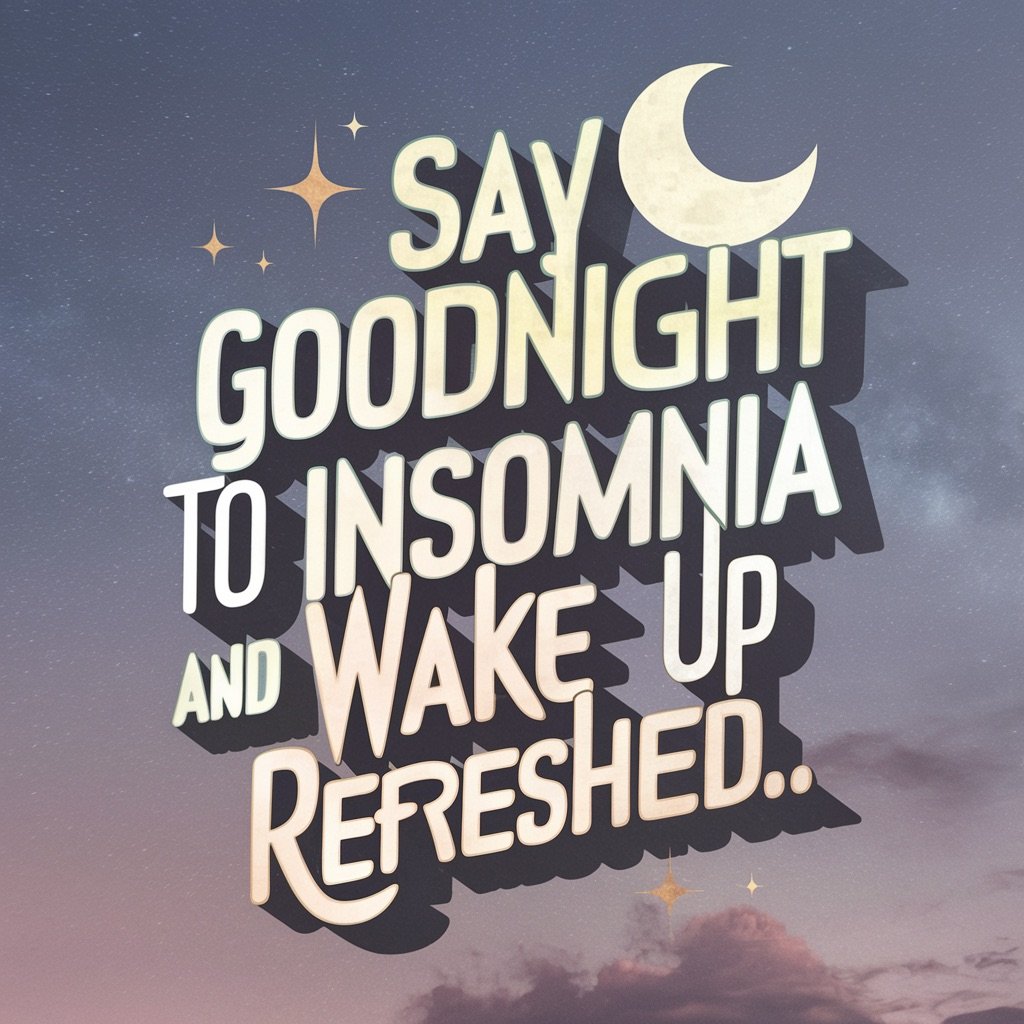
Visualization Techniques to Fall Asleep
Another tool I use to combat insomnia is visualization, which is surprisingly simple but incredibly effective. When my mind won’t stop racing, I’ve found that focusing on a peaceful, detailed mental image can help distract me from stress and make it easier to relax into sleep. Visualization has become one of my go-to techniques when I need to cure insomnia in 12 minutes or less.
How Visualization Works
The goal of visualization is to immerse yourself in a calm, imagined environment—one that feels peaceful and relaxing. For me, I often picture a serene beach or a quiet forest. I focus on the small details, like the sound of the waves, the warmth of the sun, or the smell of the trees. The more vivid the imagery, the more my mind becomes absorbed in this calm mental space, making it harder for anxious thoughts to creep in.
Here’s a quick way to try visualization for sleep:
- Pick a calming scene: Think of a place where you’ve felt most relaxed—whether it’s a beach, a park, or a cozy room.
- Focus on the details: Imagine the sights, sounds, and sensations of that place. What does the air feel like? What do you hear?
- Stay present in the scene: Anytime your mind drifts back to everyday worries, gently bring your focus back to the details of your imagined environment.
When I use this technique, I find that it eases my mind and body into relaxation. In combination with breathing techniques, visualization helps me slip into sleep much faster.
Visualization is a simple, yet powerful tool to add to your bedtime routine, especially if you want to fall asleep quickly. If you’re looking for more ways to improve your sleep environment, including products that can help, check out The Ultimate Guide to Overcoming Sleep Issues.
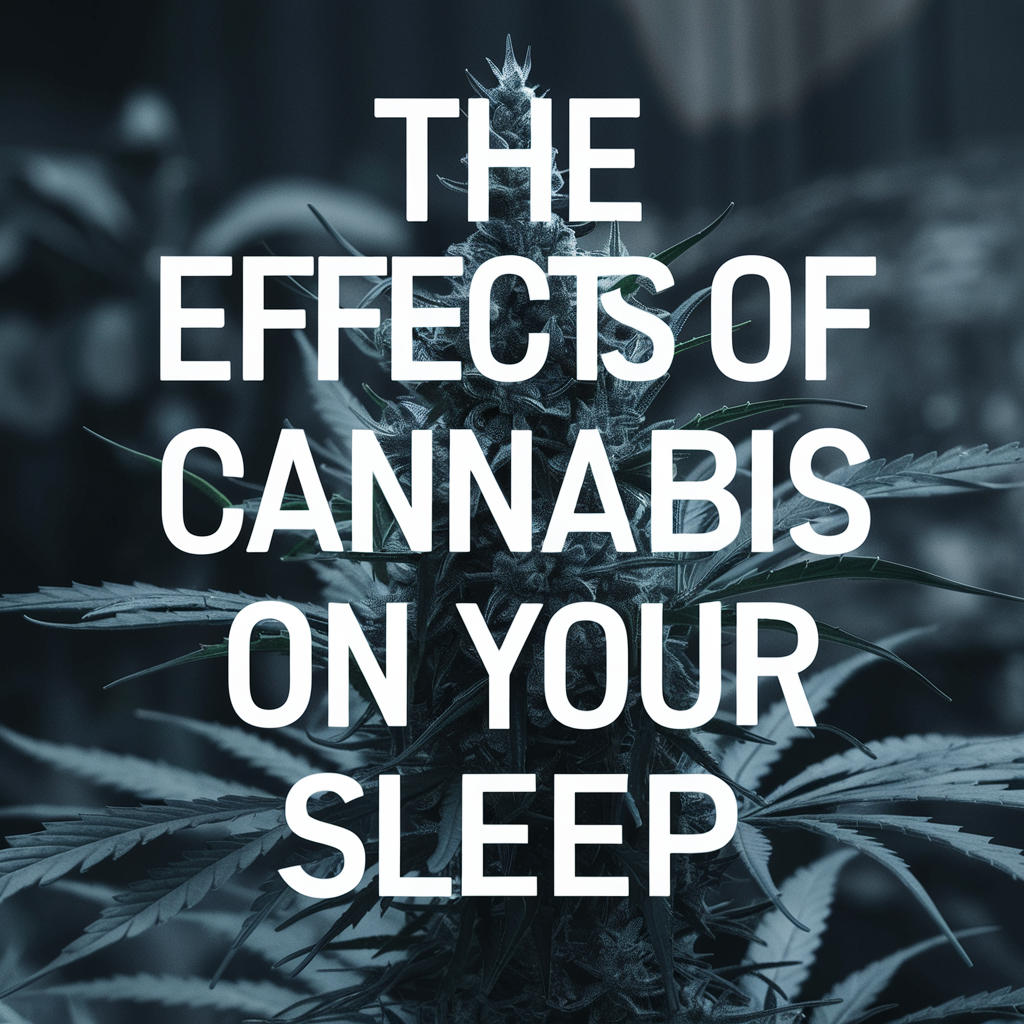
How Breathing Impacts Insomnia
Breathing techniques have been one of the most effective tools I’ve used to calm myself down when insomnia strikes. It’s incredible how something as simple as controlling your breath can help ease your body and mind, allowing you to fall asleep faster. In fact, I’ve found that using the right breathing techniques can make a huge difference when trying to cure insomnia in 12 minutes.
Why Breathing Works for Insomnia
When we’re stressed or anxious, our breathing tends to become shallow and quick. This activates the fight-or-flight response, making it even harder to relax and fall asleep. By intentionally slowing your breath, you can trigger your body’s relaxation response, lowering your heart rate and signaling to your brain that it’s time to sleep.

Breathing Techniques to Try
Here are a few breathing exercises that I’ve personally found helpful:
- Box Breathing:
- Breathe in for 4 seconds, hold for 4 seconds, exhale for 4 seconds, and then hold again for 4 seconds.
- This method helps slow down your breathing and gives your mind something to focus on besides racing thoughts.
- Diaphragmatic (Belly) Breathing:
- Instead of shallow chest breathing, place one hand on your stomach and the other on your chest.
- Breathe deeply into your belly, allowing it to rise as you inhale and fall as you exhale.
- This encourages deep, slow breaths that promote relaxation.
- Alternate Nostril Breathing:
- Close one nostril and inhale through the other, then switch and exhale through the opposite side.
- This technique helps balance your breathing and is incredibly calming when done for just a few minutes before bed.
Practicing these breathing techniques before sleep can help you fall asleep faster and manage insomnia effectively. When I’m particularly restless, combining this with visualization or mindfulness meditation works wonders.
If you’re interested in exploring more natural methods for combating insomnia, check out this article on how medications like Zoloft can affect sleep and how to manage it: Zoloft Insomnia: Why It Happens and How to Beat It.

How to Set Up Your Environment for Quick Sleep
While breathing and relaxation techniques can work wonders, I’ve found that my sleep environment plays a huge role in how quickly I fall asleep. When I’m struggling with insomnia, making sure my room is optimized for sleep can help me wind down and fall asleep much faster. In fact, a properly set-up environment can sometimes be the missing piece in curing insomnia within minutes.
Check out this awesome book from Amazon written by a Dr that had his PHD. It’s called Say Goodnight To Insomnia

Key Elements of a Sleep-Friendly Environment:
- Keep the Room Cool: I’ve noticed that keeping my bedroom at a cooler temperature—around 60-67°F—makes a huge difference in how quickly I can relax. A cool room helps signal to the body that it’s time to sleep.
- Eliminate Light and Noise: Bright lights, electronics, and noises can keep your brain alert, making it hard to wind down. I use blackout curtains and a white noise machine to create a calm, quiet space. This helps me avoid distractions and lets my body focus on falling asleep.
- Remove Digital Devices: The blue light from screens disrupts melatonin production, making it harder to sleep. I make sure to put away my phone and turn off the TV at least 30 minutes before bed. This small change has helped me create a more restful environment.
- Comfortable Bedding: Having a comfortable mattress and pillows is essential for quickly relaxing into sleep. I noticed a huge difference in my sleep quality after upgrading my bedding to something more supportive and cozy.
By making these adjustments, my bedroom feels more like a sleep sanctuary, and it’s much easier to fall asleep fast. If you’re looking for more tips on improving your environment or natural sleep aids to help you relax, check out The Ultimate Guide to Overcoming Sleep Issues.
Natural Aids to Complement Quick Sleep Techniques
In addition to setting up my sleep environment and using relaxation techniques, I’ve found that incorporating natural aids can help enhance relaxation and make falling asleep even faster. These remedies don’t replace the techniques I use, but they complement them perfectly, making it easier to cure insomnia in 12 minutes or less.
1. Herbal Teas
Drinking a cup of herbal tea before bed has become part of my nightly routine. Teas like chamomile, valerian root, and lavender are known for their calming properties and can help promote relaxation. When I pair a warm cup of tea with deep breathing exercises, I feel my body and mind start to unwind within minutes.
2. Essential Oils
Aromatherapy has worked wonders for me when I’m trying to fall asleep fast. I like to use lavender essential oil in a diffuser, or sometimes I’ll dab a little on my pillow. The scent of lavender is known to help calm the nervous system and promote better sleep. Even just a few minutes of breathing in the scent can help reduce anxiety and ease me into sleep.
3. CBD for Sleep
I’ve also experimented with CBD to help me sleep, and it’s been a great alternative when I want the relaxation benefits of cannabis without the psychoactive effects of THC. CBD helps calm my mind and body, making it easier to drift off naturally. If you’re curious about the differences between CBD and THC, or how they work for sleep, you can explore more about that here: The Beginner’s Journey to Understanding CBD.
4. Cannabis for Deeper Sleep
While CBD is great for relaxation, some people prefer to use THC-rich marijuana strains for sleep. I’ve found that certain indica strains can help me sleep more deeply, though it’s important to experiment with dosage to avoid feeling groggy in the morning. For those interested in using cannabis for sleep, here’s an article that dives into the effects of being high before bed: What Happens When You Sleep High?.
These natural remedies have helped me create a well-rounded sleep routine that not only supports relaxation but also enhances the techniques I use to fall asleep quickly. Combining these natural aids with breathing exercises and a peaceful environment has been key in beating insomnia.
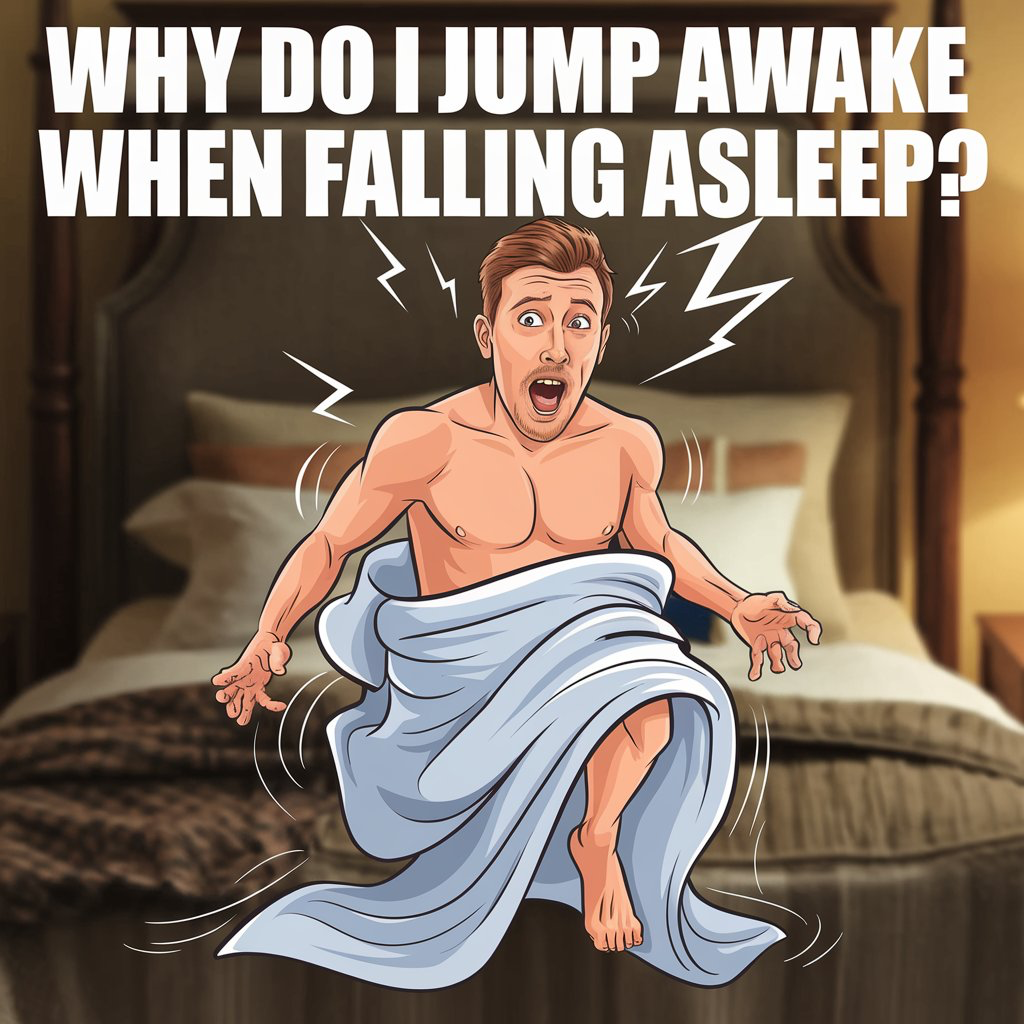
What to Do If Your Insomnia Is Related to Medications
Sometimes, insomnia can be linked to medications, like Zoloft or other antidepressants, which can interfere with your sleep patterns. If you’re like me and have struggled with insomnia due to medications, it can feel frustrating trying to figure out how to get better sleep while staying on your prescribed treatment. I’ve experienced this firsthand, and I’ve found that adjusting my sleep routine can make a big difference when insomnia is medication-related.
1. Understanding How Medications Affect Sleep
Medications like SSRIs, including Zoloft, can alter serotonin levels in your brain, which may improve mood but can also cause insomnia in some people. When I first started taking Zoloft, I noticed that it disrupted my sleep, leaving me wide awake at night even when I felt exhausted. It’s a common side effect, but it’s manageable with the right adjustments.
2. Timing Your Medication
One thing that helped me was changing the time I took my medication. If you’re taking Zoloft or another medication that impacts sleep, try switching to a morning dose. This way, the more stimulating effects wear off by the time you’re ready for bed. This simple switch can help alleviate insomnia without needing to change medications entirely.
3. Incorporating Relaxation Techniques
Incorporating some of the techniques we’ve discussed—like breathing exercises, mindfulness meditation, or using natural sleep aids—can also help counter the sleeplessness caused by medication. I’ve found that even on nights when medication keeps me wired, using a structured routine of relaxation methods helps me wind down faster.
4. Consulting Your Doctor
If insomnia persists despite trying these strategies, it’s important to talk to your doctor. They might recommend adjusting your dosage or switching medications. Some people find that after a few weeks on Zoloft, their body adjusts, and the insomnia fades. If you’re struggling with this side effect, here’s a helpful resource on Zoloft Insomnia: Why It Happens and How to Beat It.
By adjusting your routine and managing the side effects of medication, it’s possible to balance treatment with better sleep. Medications don’t have to completely ruin your sleep if you take proactive steps to address the issue.

Mastering the 12-Minute Insomnia Cure
When I first started looking for ways to cure insomnia in 12 minutes, I was doubtful that anything could work that quickly. But after experimenting with various techniques—like breathing exercises, mindfulness meditation, and visualization—I realized that calming my mind and body in just a few minutes can make a huge difference in how quickly I fall asleep.
Here’s a quick recap of the most effective methods:
- 4-7-8 Breathing and progressive muscle relaxation: These techniques slow down your heart rate and relax your body, making it easier to drift into sleep.
- Mindfulness meditation: Focusing on your breath or the present moment helps clear your mind of racing thoughts.
- Visualization: Imagining peaceful environments can distract your mind from worries and create a calm state that promotes sleep.
- Natural aids like herbal teas, essential oils, and CBD can complement these techniques and enhance relaxation.
- Adjusting your sleep environment by making it cool, dark, and free of distractions helps your body wind down quickly.
Whether you’re dealing with medication-induced insomnia or just need a fast solution to sleepless nights, these techniques have proven to work for me. While everyone’s experience is different, combining these methods can help you achieve faster and better-quality sleep, and they’ve made a significant difference in my own life.

For those of you dealing with medication-related insomnia or just looking for more ways to improve your sleep naturally, there are always more resources to explore. If you’re interested in cannabis or sleep products, or need a deeper dive into overcoming sleep issues, check out The Ultimate Guide to Overcoming Sleep Issues: Tips and Products for more information.
With a little practice and consistency, you can beat insomnia and start waking up feeling more refreshed, ready to take on the day.
As an Amazon Associate we earn from qualifying purchases through some links in our articles.
